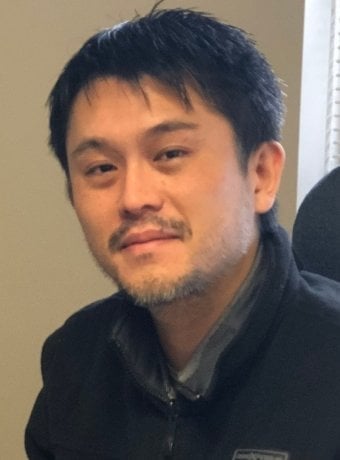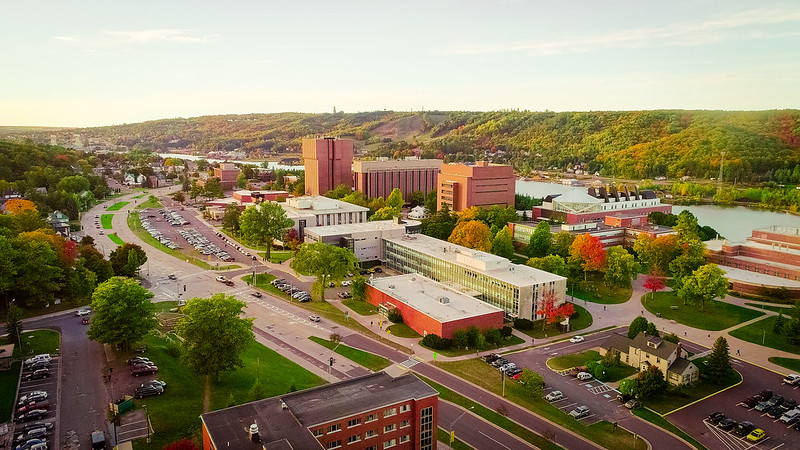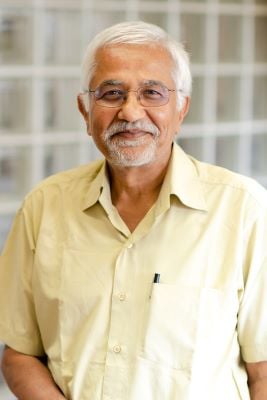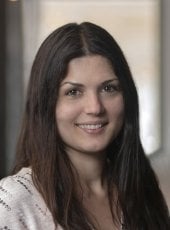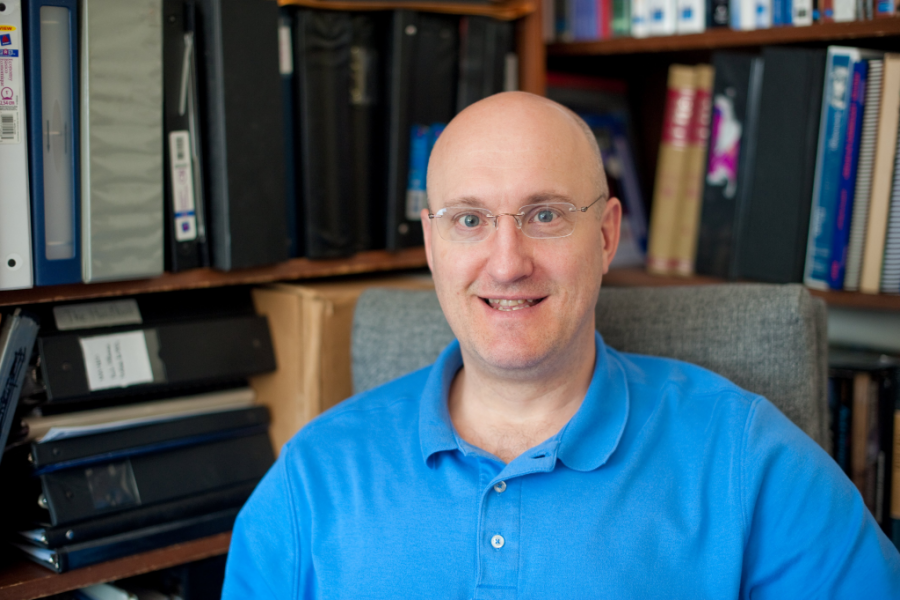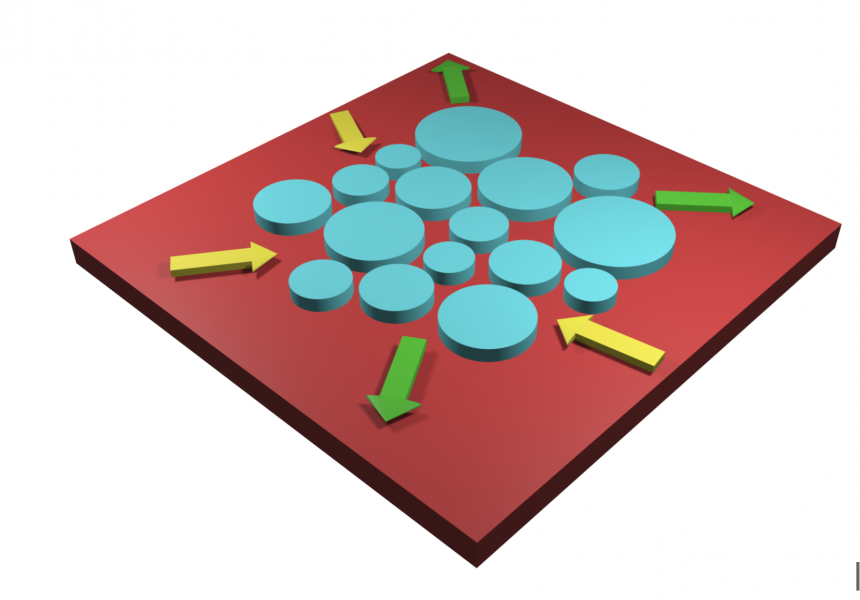College of Sciences and Arts Dean LaReesa Wolfenbarger has selected Issei Nakamura, associate professor of physics, as the featured instructor in this week’s Deans’ Teaching Showcase.
Nakamura will be recognized at an end-of-term event with other spring showcase members and is a candidate for the CTL Instructional Award Series.
Nakamura is an outstanding instructor who has taught a suite of undergraduate and graduate courses in the last 10 years. His teaching in physics spans a broad range of subjects, including classical mechanics, solid-state physics, statistical thermodynamics, modern physics for quantum mechanics, electromagnetism, special theory of relativity, and computational physics.
Nakamura’s experience as a physicist in the classroom has been deeply fulfilling, allowing him to engage closely with students at Michigan Tech. His student-centered approach to active learning extends beyond classroom engagement, encouraging students to tackle small problem sets before or after each lecture. As the course progresses, this “just-in-time” learning strategy reinforces concepts, strengthens retention and allows misconceptions to be addressed in real time.
“The way you structured the homework assignments was very helpful for learning the new material,” one student wrote to Nakamura. “It encouraged critical thinking as we applied the material we learned in class, connecting overarching concepts with the minutiae of the complex math required to understand the topics.”
“Dr. Nakamura continually revises his courses to ensure that students are learning concepts and skills to reflect the workplace they will enter upon graduating,” said Wolfenbarger.
Nakamura’s commitment to innovative teaching continues to evolve. He has restructured his computational physics course, integrating introductory machine learning techniques into the curriculum to align with the growing demand for computational expertise. This course — a core component of the graduate certificate program Advanced Computational Physics — equips students with advanced numerical skills applicable beyond academia. These competencies open doors to careers in research, technology and industries reliant upon modern computational physics.
Nakamura’s philosophy in physics education is to inspire students’ passion for learning by not only deepening their understanding of theoretical principles but also demonstrating their practical applications. He emphasizes the interconnectedness of different areas in physics, recognizing that students often struggle to integrate concepts across disciplines. To help bridge this gap, he encourages students to draw connections between different physics fields. For example, to help students develop a more intuitive grasp of these abstract concepts, he highlights how principles in quantum mechanics or thermodynamics can be interpreted through classical mechanics.
“Issei is an exceptional teacher who cares about engaging students in learning and has made meaningful contributions by incorporating computational components that greatly enhance the physics courses,” said Ravindra Pandey, chair of the Department of Physics.
About the Physics Department
Physicists at Michigan Technological University help students apply academic concepts to real-world issues. Our physicists take on the big questions to discover how the universe works—from the smallest particles to the largest galaxies. The Physics Department offers three undergraduate degrees and three graduate degrees. Supercharge your physics skills to meet the demands of a technology-driven society at a flagship public research university powered by science, technology, engineering, and math. Graduate with the theoretical knowledge and practical experience needed to solve real-world problems and succeed in academia, research, and tomorrow’s high-tech business landscape.
Questions? Contact us at physics@mtu.edu. Follow us on Facebook, Twitter, and YouTube for the latest happenings. Or read more at the Physics Newsblog.
